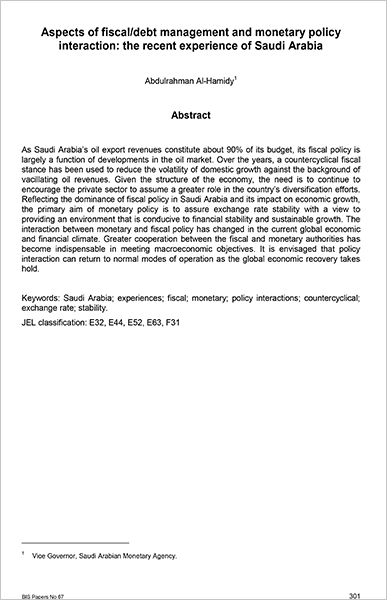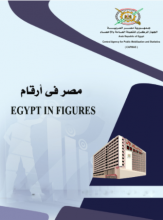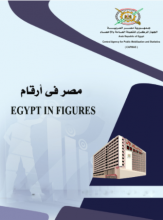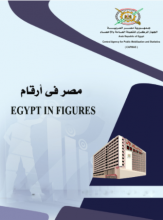Macroeconomy

As Saudi Arabia’s oil export revenues constitute about 90% of its budget, its fiscal policy is largely a function of developments in the oil market. Over the years, a countercyclical fiscal stance has been used to reduce the volatility of domestic growth against the background of vacillating oil revenues. Given the structure of the economy, the need is to continue to encourage the private sector to assume a greater role in the country’s diversification efforts. Reflecting the dominance of fiscal policy in Saudi Arabia and its impact on economic growth, the primary aim of monetary policy is to assure exchange rate stability with a view to providing an environment that is conducive to financial stability and sustainable growth. The interaction between monetary and fiscal policy has changed in the current global economic and financial climate. Greater cooperation between the fiscal and monetary authorities has become indispensable in meeting macroeconomic objectives. It is envisaged that policy interaction can return to normal modes of operation as the global economic recovery takes hold.
Related Topics
-
Egypt in Figures - Population 2022
2022"Egypt in Figures" is a booklet issued each year by the Central Agency for Public Mobilization and Statistics (CAPMAS). It contains the most...Read More -
Egypt in Figures - Education 2022
2022"Egypt in Figures" is a booklet issued each year by the Central Agency for Public Mobilization and Statistics (CAPMAS). It contains the most...Read More -
Egypt in Figures - Economy 2022
2022"Egypt in Figures" is a booklet issued each year by the Central Agency for Public Mobilization and Statistics (CAPMAS). It contains the most...Read More


